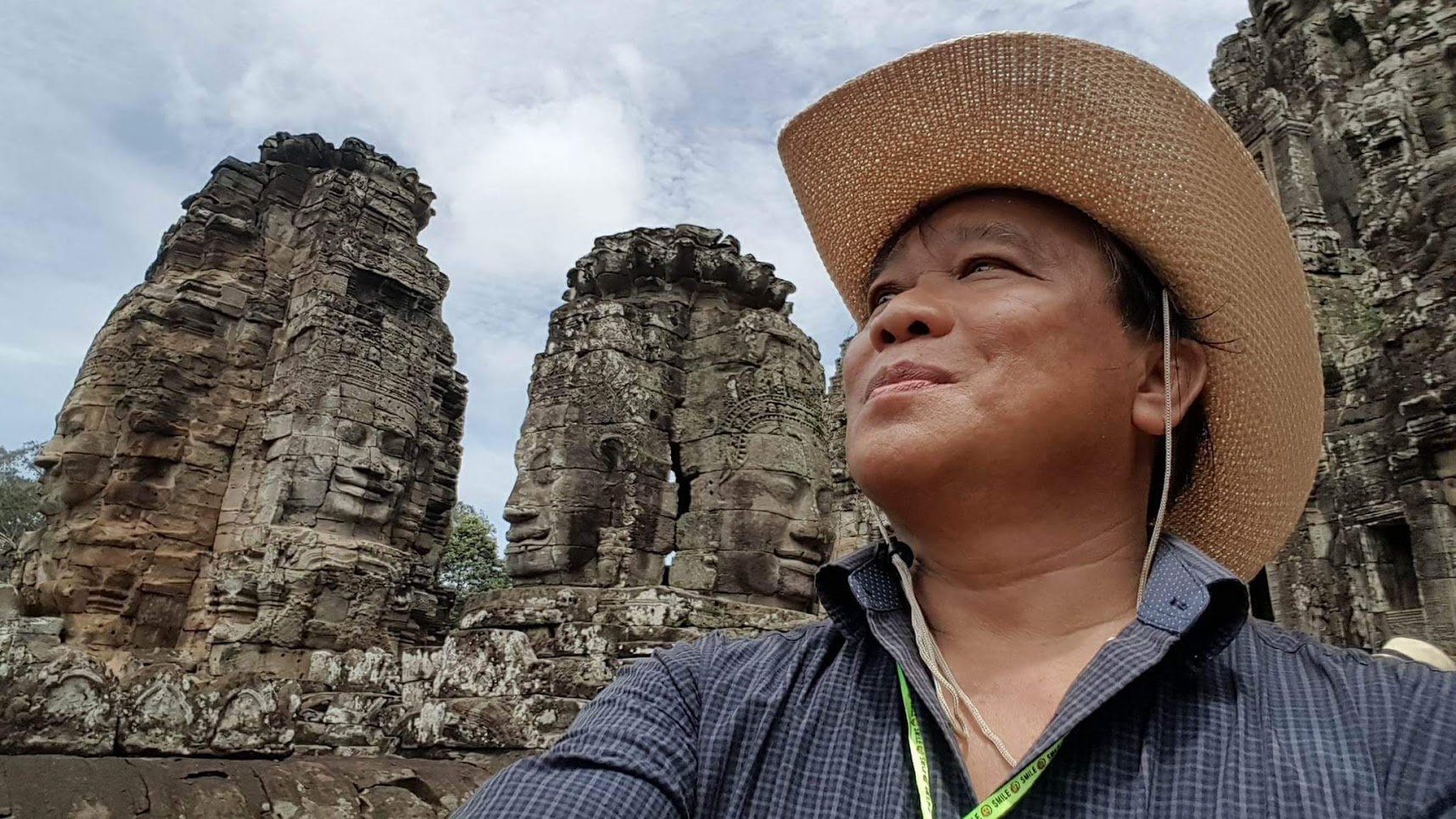Education at UNE can be applied to change the lives of some of the world’s most disadvantaged people, as Emeritus Professor Dr Anurak Panyanuwat has demonstrated.
The progressive academic and researcher, who completed his PhD at UNE in the 1980s, is now known internationally for his significant contributions to education and community development. And he credits his UNE studies – exploring Australia’s system of distance education – with shaping his career in profound ways.
“Distance education was only just starting for remote Thai people when I returned from UNE,” said Dr Panyanuwat.
“Studying in Australia, and the wonderful adult education classes, liberal education sessions and continuing education activities I enjoyed influenced my thoughts about the kind of educational services we needed to provide in Thailand and other Asian countries.”
Dr Panyanuwat wasted little time in implementing what he had learned.
“I made use of such lessons as the Director of Sub-regional and Provincial Nonformal Education Centres (NFE) in northern Thailand, and contributed to the distance education rolled out to schools, colleges, universities and non-formal education centres all over the country,” he said.
“The alternative of a non-degree program sparked all kinds of new opportunities for university engagement, social responsibility and study for people outside universities.”
Dr Panyanuwat advanced this “education for all” approach when he moved to Chiang Mai University in 1992. There, he was appointed Professor in Nonformal Education and used his knowledge of remote services like the Australian School of the Air and the Royal Flying Doctor Scheme to integrate continuing education and humanitarian work.
Most notably, he led 130 research projects (involving 25 universities and 464 research staff) to monitor and evaluate flood relief across one-third of Thailand – developing a research model that has since been adopted elsewhere in the world.
Dr Panyanuwat also jointly pioneered an adult literacy program that initially saw 1200 non-formal educators and teachers working with more than 300,000 illiterate hill tribal people to help improve their lives, ecological sustainability and economic outlook.
He continues to work voluntarily within the Highland Research and Development Institute, the public organisation that grew out of this research, which has expanded to help 700,000 tribal people develop greater self-reliance and self-development through improved language skills.
Similar personal and regional advantages have flowed from the research Dr Panyanuwat conducted into an economic corridor along the northern Thai-Myanmar border, which has inspired industrial linkages across Thailand, Myanmar, Laos, Cambodia and Vietnam.
Throughout an illustrious career in education, and managing people and the environment, Dr Panyanuwat has carried out research at local, regional, national and international scales, and earned a number of awards for his outstanding leadership and efforts to address disadvantage in holistic ways.
He also became the first chairman of the University Academic Service Network of Thailand, with its 32 member universities, and has supervised about 1500 master degree graduates and 80 doctoral degree graduates from Chiang Mai and other universities.
Upon his retirement from Chiang Mai University in 2016 Dr Panyanuwat was appointed Emeritus Professor in Man and Environmental Management and remains a UNESCO consultant in adult education and literacy for Asia and the Pacific region.
He is also still a university councillor or academic councillor for a number of state and private universities. But he’s never forgotten his time at UNE.
“UNE demonstrated to me the value of lifelong education and research in program planning and development, and it taught me innovative ways of delivering higher educational teaching and learning,” Dr Panyanuwat said.
“Combined with what I had learnt in Britain, this helped me to initiate many innovative projects and programs in Thailand and other Asian countries. It provided opportunities for me to work to improve the lives of others.”
And it’s far from over. Dr Panyanuwat still volunteers to help improve his local environment. He is involved in the Higher Education Research Promotion Project, which is training 800 researchers and instructors from about 46 universities to conduct research into the biodiversity of rural and wetland areas nationwide. He is also supporting efforts to integrate knowledge management for sustainability in Upper-Northern Thailand.

